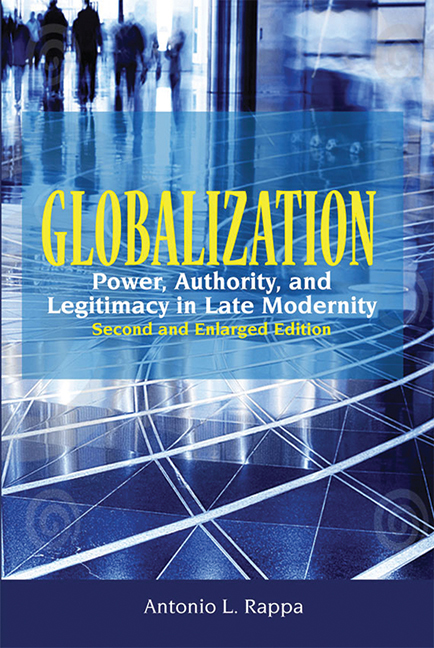Summary
There was a time when the idea of the reign of terror was limited to the French Revolution of the eighteenth century. These days, terrorism can be anything, any place, and anyone. Terrorism is fundamentally and inherently political. It is violence and the threat of violence, used and directed in pursuit of or in service of a political aim. This definition underscores clearly the other fundamental characteristic of terrorism: that it is planned, calculated, and a systematic act.
Terrorism is not difficult to define. It is just hard to predict. Terrorism is about point of view (perspective). It involves subjectivity and moral suasion. Indeed, the word “terrorism” derives from the French Revolution's “regime de la terreur”. It refers to the desire for a restoration of order and the execution of traitors. The reign of terror referred to a revolutionary state of affairs that degraded into anti-monarchical demonstrations. The belief was that the terrorist was a freedom fighter who was being suppressed by the absolute powers of the monarch. This indeed was the case when one considers the end of the absolute Thai monarchy in 1932 and the devolution of power to Parliament and the military in reality. Seven years later the National Socialists seized sufficient power to launch the most comprehensive and tactically brilliant war. If not for its diabolical ideology, the National Socialists would probably have garnered more support. If not for its megalomaniacal leader, the National Socialists would have changed the face of Germany in a more meaningful way than the bestial manner in which the Nazis executed power and terrorized the new-found European innocence. Indeed, the Nazis as well as the Japanese for their atrocities in China during the Nanking massacre for example, could well be regarded as the state-sponsored terrorists de rigueur.
By the end of the Vietnam War, the concept of terrorism was then made even more complex with the ideological determinants of neoMarxism and neoMaoism. A new form of terrorism emerged in the 1980s that represented the frustrations of the new left and the neoMarxist beliefs of socialist Europe. This was made worse by the failures in Southeast Asia and the Middle East where Islamic fundamentalism had taken root.
- Type
- Chapter
- Information
- GlobalizationPower, Authority, and Legitimacy in Late Modernity (Second and Enlarged Edition), pp. 168 - 186Publisher: ISEAS–Yusof Ishak InstitutePrint publication year: 2011

